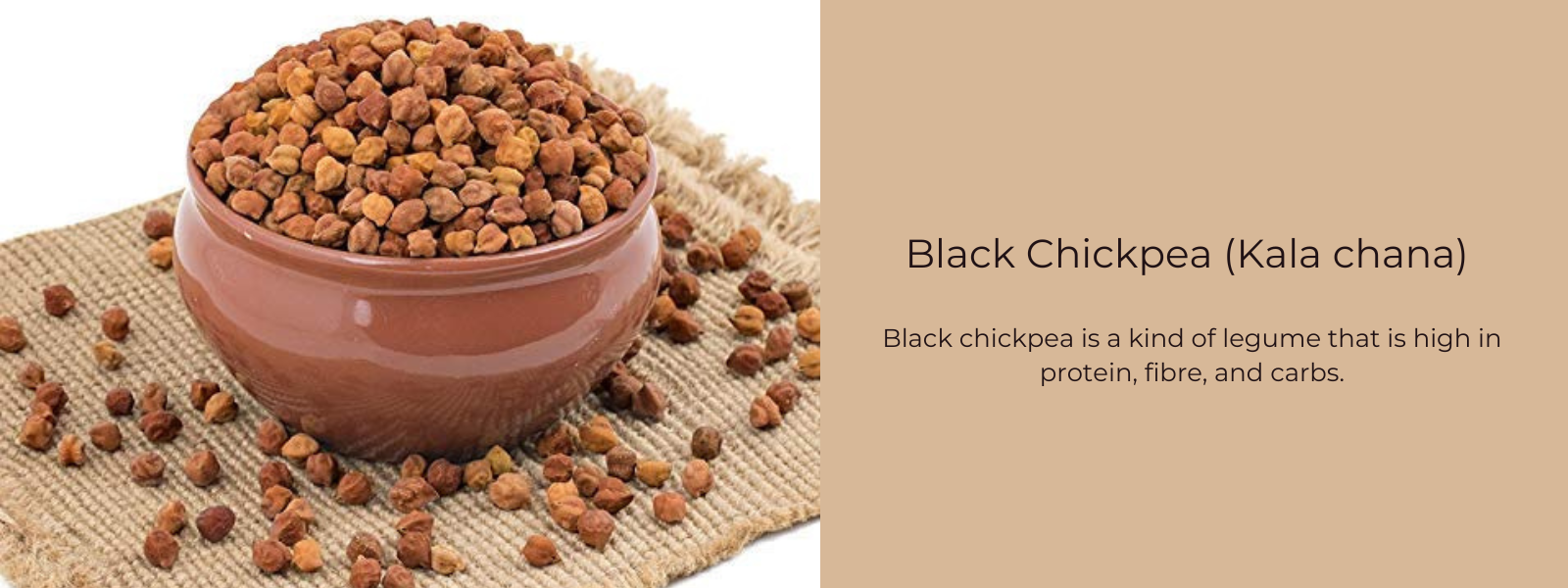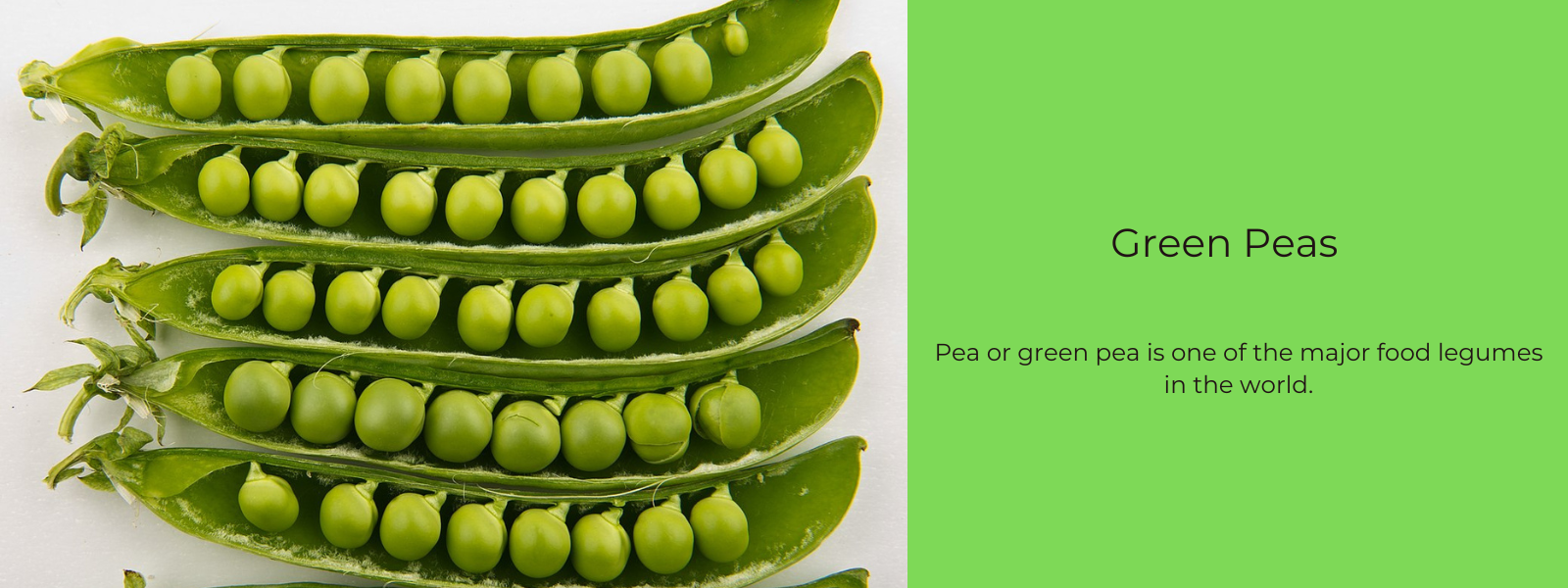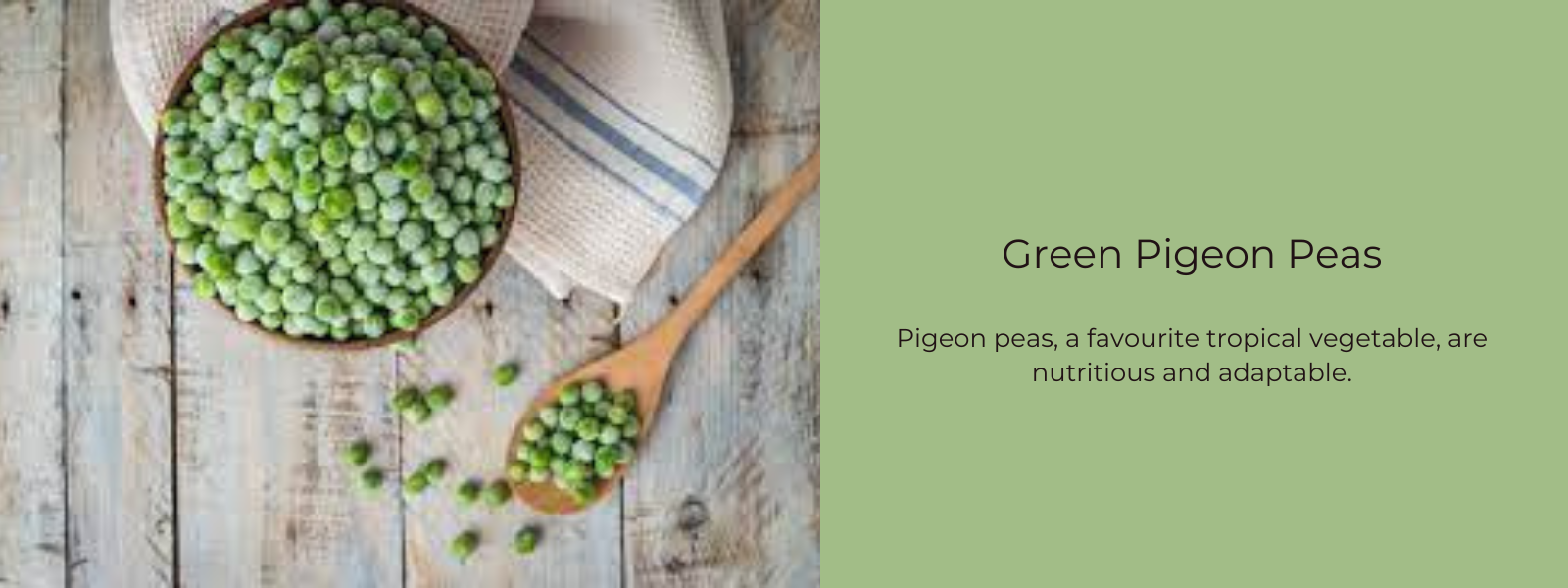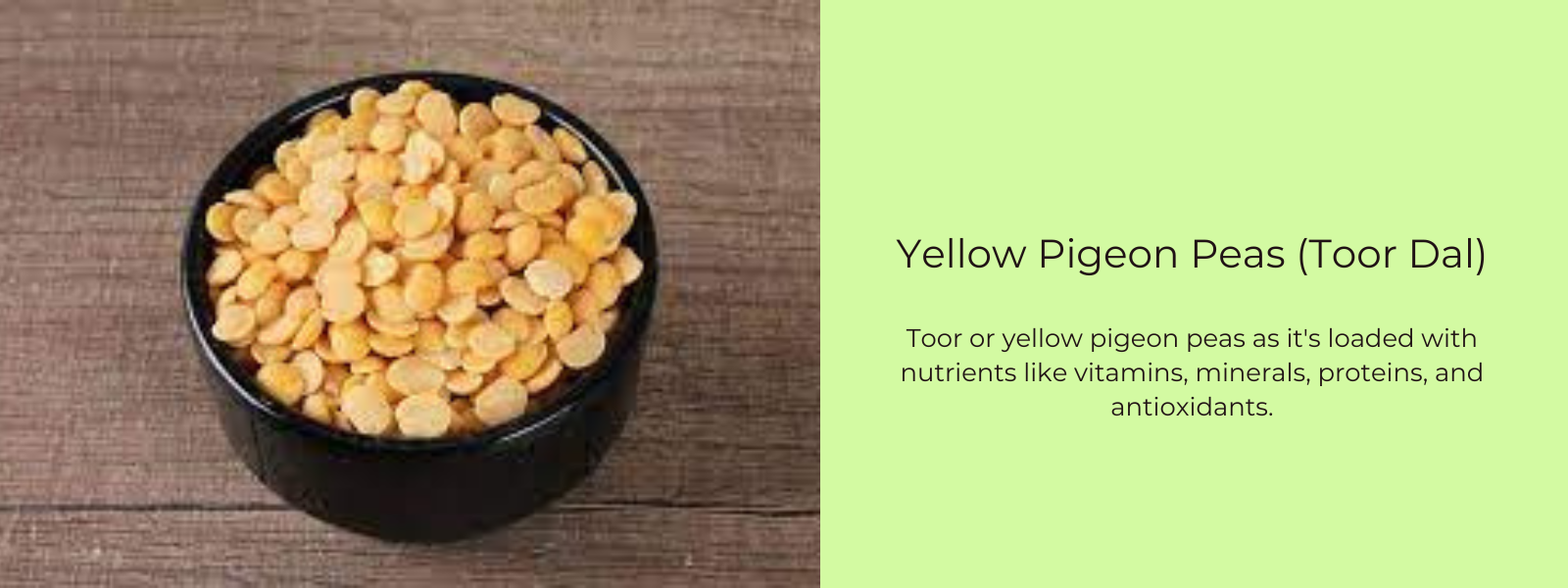Chickpeas, also known as garbanzo beans, are a type of legume that are widely used in many cuisines around the world. They are small, round, and beige in color with a slightly nutty and creamy flavor. Chickpeas are also a common ingredient in Indian cuisine, where they are known as "chole" and are often used in dishes such as chana masala and bhature. Overall, chickpeas are a nutritious and delicious ingredient that can be enjoyed in a variety of ways. They are a great addition to a healthy and balanced diet.
Table of Contents
Nutritional Value of Chickpeas (Chole)
Here are some of the key nutrients found in chickpeas:
- Protein: Chickpeas are a good source of plant-based protein, with about 15 grams of protein per cup of cooked chickpeas.
- Fiber: Chickpeas are high in fiber, with about 12.5 grams of fiber per cup of cooked chickpeas. Fiber is important for digestive health, blood sugar control, and reducing the risk of chronic diseases such as heart disease and diabetes.
- Carbohydrates: Chickpeas are a good source of complex carbohydrates, which provide sustained energy and help to regulate blood sugar levels.
- Vitamins and minerals: Chickpeas contain a range of vitamins and minerals, including folate, iron, magnesium, potassium, and zinc. These nutrients are important for many bodily functions, such as cell growth and repair, immune function, and energy production.
- Antioxidants: Chickpeas are rich in antioxidants, which help to protect against cellular damage and reduce the risk of chronic diseases such as cancer and heart disease.
Overall, chickpeas are a nutrient-dense food that is low in fat and calories and high in protein, fiber, and essential vitamins and minerals. They are a great addition to a healthy and balanced diet.
Health Benefits of Eating Chickpeas (Chole):
Chickpeas, also known as chole or garbanzo beans, offer a range of health benefits when consumed as part of a healthy and balanced diet. Here are some of the health benefits of eating chickpeas:
- Good source of plant-based protein: Chickpeas are a great source of plant-based protein, making them an excellent option for vegetarians and vegans. Protein is essential for building and repairing tissues in the body and helps to keep you feeling full and satisfied.
- High in fiber: Chickpeas are high in fiber, which can help to regulate blood sugar levels, lower cholesterol levels, and promote digestive health.
- Improves heart health: Chickpeas helps to lower LDL cholesterol levels, reduce blood pressure, and decrease the risk of heart disease due to their high fiber content and anti-inflammatory properties.
- Helps with weight management: The high fiber and protein content in chickpeas can help to promote feelings of fullness and reduce overall calorie intake, which aids in weight loss and weight management.
- Improves blood sugar control: The complex carbohydrates in chickpeas are digested slowly, which can help to regulate blood sugar levels and reduce the risk of type 2 diabetes.
- Anti-inflammatory properties: Chickpeas contain antioxidants and anti-inflammatory compounds that helps to reduce inflammation in the body and protect against chronic diseases.
- Supports bone health: Chickpeas are a good source of calcium, magnesium, and phosphorus, which are important for bone health and helps to reduce the risk of osteoporosis.
Overall, including chickpeas in your diet can provide many health benefits and contribute to a healthy and balanced diet.
How to Use Chickpeas (Chole) in Cooking:
Chickpeas (Chole) is a versatile ingredient that can be used in a variety of dishes. Here are some ideas for using chickpeas in your cooking:
- Hummus: Chickpeas are the main ingredient in hummus, a popular Middle Eastern dip. Simply blend cooked chickpeas with tahini, lemon juice, garlic, and olive oil until smooth.
- Salads: Chickpeas can be added to salads for a boost of protein and fiber. They pair well with leafy greens, tomatoes, cucumber, and feta cheese.
- Soups and stews: Chickpeas can be added to soups and stews for a hearty and nutritious addition. They work well in vegetarian chili or minestrone soup.
- Roasted: Chickpeas can be roasted in the oven with a variety of spices, such as cumin, paprika, and garlic powder, for a crunchy and flavorful snack.
- Curries: Chickpeas are a common ingredient in Indian curries, such as chana masala. They pair well with spices like cumin, coriander, and turmeric.
- Falafel: Chickpeas can be ground into a flour-like consistency and used to make falafel, a popular Middle Eastern street food.
- Sandwiches and wraps: Chickpeas can be mashed and used as a spread in sandwiches and wraps, similar to hummus.
Overall, chickpeas are a versatile and nutritious ingredient that can be used in a variety of dishes.
Important Facts About Chickpea (Chole) Production and Consumption:
Here are some important facts about chickpea production and consumption:
- Production: Chickpeas are grown in many countries, including India, Turkey, Australia, and Canada. India is the largest producer and consumer of chickpeas in the world, accounting for over 60% of global production.
- Nutrient-dense crop: Chickpeas are a nutrient-dense crop that is high in protein, fiber, and other essential vitamins and minerals. They are a staple food in many parts of the world and are often consumed in dishes like hummus, falafel, and curries.
- Climate resilient: Chickpeas are a climate-resilient crop that can withstand high temperatures and drought conditions, making them an important crop in areas with harsh climates.
- Sustainable farming: Chickpeas are a sustainable crop that can help to improve soil health and reduce the need for chemical fertilizers and pesticides.
- Economic importance: Chickpeas are an important crop for many small-scale farmers in developing countries, providing a source of income and food security for millions of people.
- Rising global demand: Demand for chickpeas has been increasing in recent years, driven by the popularity of plant-based diets and the rise of meat alternatives like Beyond Meat and Impossible Foods, which use chickpeas as a key ingredient.
Overall, chickpeas are an important and versatile crop that plays a vital role in global food security and sustainable agriculture.











Leave a comment